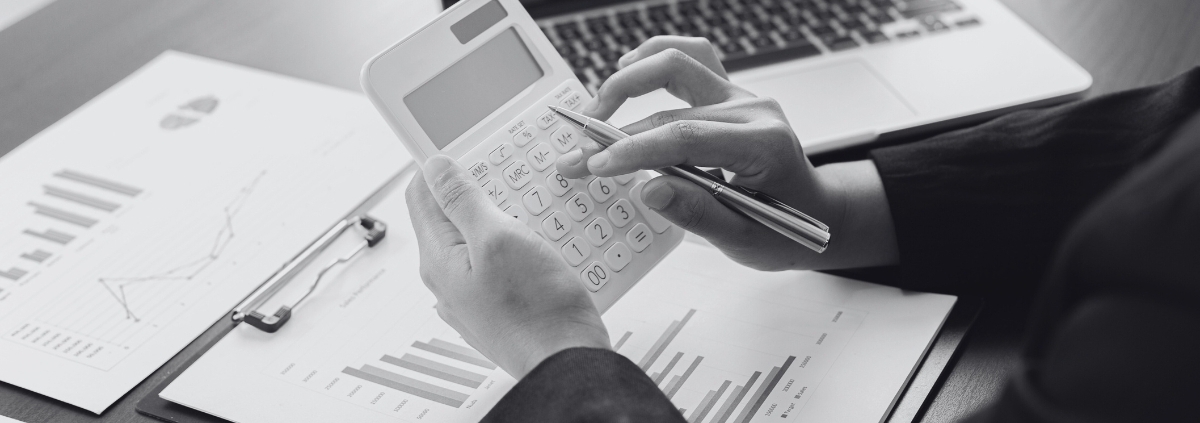Unlock Your Tax Savings: Tips, Hacks, and Expert Advice
By: Ben McEachen
As we step into the new financial year, it’s the perfect time to start thinking about your tax return for 2025/26.
Whether you’re hoping for a big refund or just want to make sure you’re claiming what you’re entitled to, Pete and Ben have you covered.
Don’t rush to lodge your tax early
Pete warns against jumping the gun when it comes to lodging your tax return:.
“Don’t be lax with your tax,” he says.
“You might be eager to get your refund, but the ATO needs to finalise all your pay-as-you-go certificates and investment income.
“Lodging too early might cause you to amend your return later.”
Patience is key – waiting until mid-July gives you time to ensure all your financial documents are in order.
Claiming what you’re entitled to
The new financial year is a great time to review any potential claims.
Pete advises, “Ask yourself, ‘Could I claim it? Should I claim it? How much of it can I claim?’ Even if it seems a little silly, don’t be afraid to ask.”
He shares that some of the most unexpected claims he’s come across involve people wanting to claim their dog’s security services.
While this might seem odd, in some cases, they can be valid.
Check the ATO’s industry-specific guides for what can be claimed.
From work-related uniforms to professional development courses, there are plenty of opportunities to reduce your taxable income.
The Work From Home Tax Break
Did you work from home in the past year?
You might be eligible to claim deductions for your home office.
“Since COVID, the ATO has allowed a claim of 67 cents per hour worked from home,” says Pete (for the 2024-2025 year, it is 70 cents per hour).
“But remember, you now need to keep a record of your hours worked from home.”
Other work-related expenses, like internet, phone, and office supplies, may also be deductible.
Pete advises, “If you’ve bought a new office chair or printer for work, keep those receipts.”
Keep track of receipts
“Keep receipts for everything,” Pete emphasises.
“Whether it’s for business expenses like a new monitor or a donation to charity, if you can show that the expense relates to your work, it’s worth claiming.”
Digital storage solutions like Google Drive or Dropbox can help you keep everything organised and easily accessible when tax time rolls around.
Make Super Contributions
Before June 30, consider making voluntary superannuation contributions.
Pete explains, “If you want to claim a tax deduction for your personal super contributions, make sure the funds are in before June 30.
“Contributions made after this date will count toward next year’s return.”
It’s a great way to reduce your taxable income while also building your retirement savings.
Charitable donations: tax deductible or not?
Another common question Pete gets asked is whether donations to the church are tax-deductible.
“Money in the plate at your local church is not tax-deductible,” he says.
“However, donations to registered charities like World Vision or Compassion are deductible.”
You can check whether an organisation is a Deductible Gift Recipient (DGR) on the ATO website.
If they are, your donation can lower your taxable income.
Final Thoughts
As the new financial year begins, Pete offers this final piece of advice: “Don’t spend money just to save tax.
“Spend it on things that help you do your job better or benefit the world, like charitable donations.
“Otherwise, you’re just out of pocket for a small refund.”
Tax time doesn’t have to be stressful.
Armed with these expert tips from Money: Faith and Finance, you’ll be better prepared to make the most of the deductions available and step into the new year with more confidence and savings.
Article supplied with thanks to Hope Media.
Feature image: Canva




